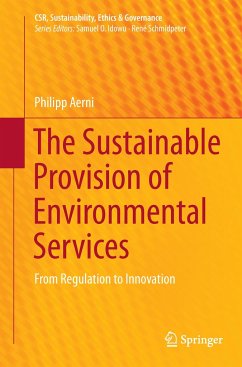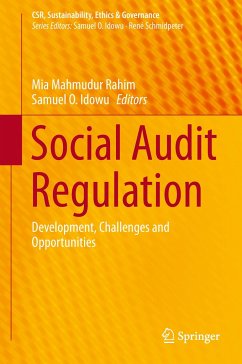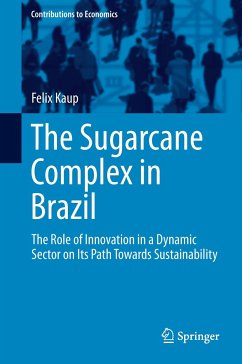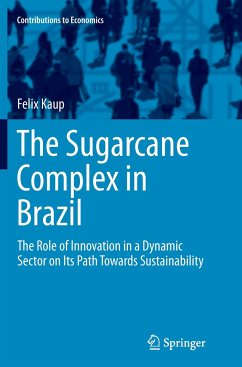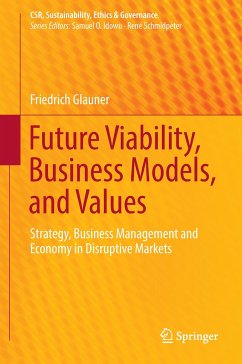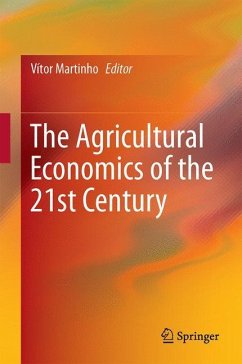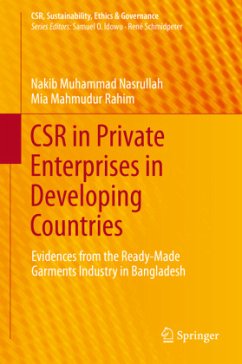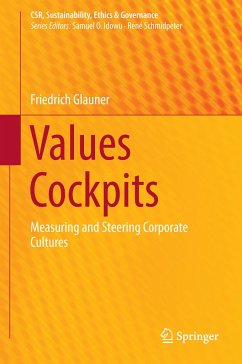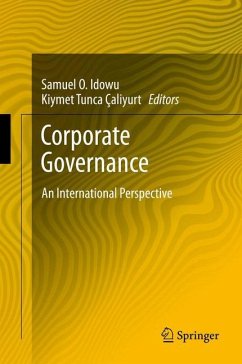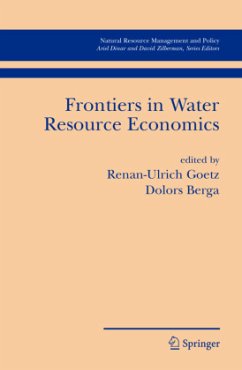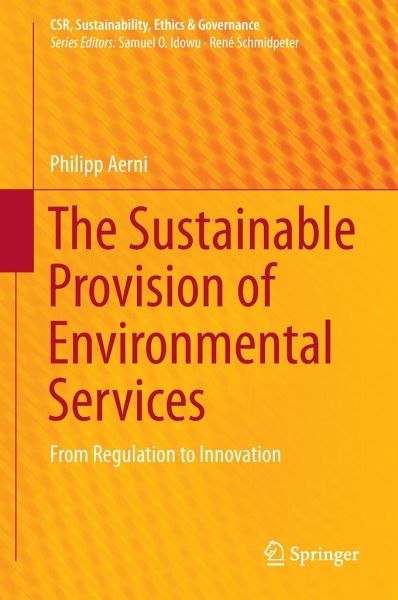
The Sustainable Provision of Environmental Services
From Regulation to Innovation
Versandkostenfrei!
Versandfertig in 6-10 Tagen
38,99 €
inkl. MwSt.
Weitere Ausgaben:

PAYBACK Punkte
19 °P sammeln!
This book addresses the ability of market-based instruments to improve the sustainable provision of environmental services. The author combines field research and insights from the multi-stakeholder dialogue at the FAO to analyze the gap between the predictions provided by theory and the corresponding outcomes in practice. In particular, the author challenges the theory behind Payments for Environmental Services (PES), a concept derived from neoclassical welfare economics, by demonstrating that PES projects often lack financial sustainability unless local entrepreneurs make use of the resultin...
This book addresses the ability of market-based instruments to improve the sustainable provision of environmental services. The author combines field research and insights from the multi-stakeholder dialogue at the FAO to analyze the gap between the predictions provided by theory and the corresponding outcomes in practice. In particular, the author challenges the theory behind Payments for Environmental Services (PES), a concept derived from neoclassical welfare economics, by demonstrating that PES projects often lack financial sustainability unless local entrepreneurs make use of the resulting new networks to create innovative markets for environmental goods. The author calls for a shift of focus from regulation to innovation in projects and policies designed to improve the provision of environmental services. Its spotlight on the positive social impacts of companies that engage in hybrid PES schemes will make the book appealing to practitioners and policymakers alike.




